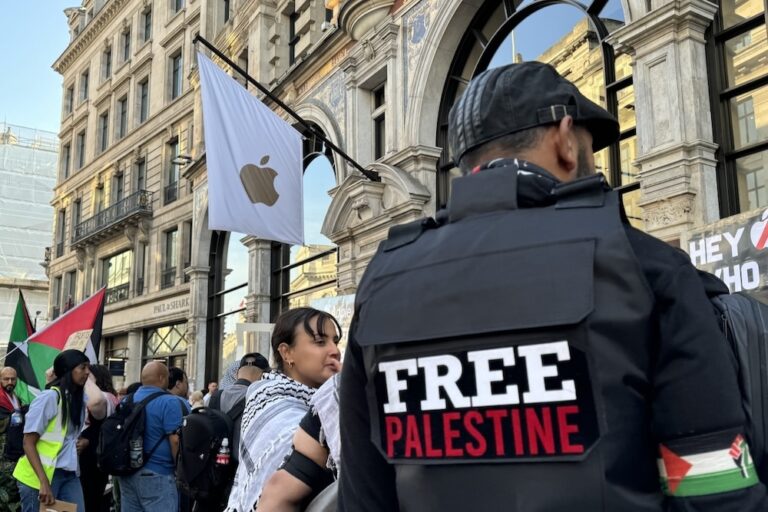(WAN/IFEX) – The World Bank, failing to sufficiently consider the “watchdog” role of the media in ensuring that financial aid programmes are properly managed, should make independent media an “investment priority” in nations where its programmes are carried out, WAN said at a World Bank meeting. Speaking at the presentation of the World Bank’s new […]
(WAN/IFEX) – The World Bank, failing to sufficiently consider the
“watchdog” role of the media in ensuring that financial aid programmes are
properly managed, should make independent media an “investment priority” in
nations where its programmes are carried out, WAN said at a World Bank
meeting.
Speaking at the presentation of the World Bank’s new “World Development
Report on the Knowledge Economy,” the WAN Director General, Timothy Balding,
criticised the Bank for including “only two or three minor references to the
role of free media” in the 280-page report on information gathering and
dissemination.
“The existence of strong, free media is not merely one among a multitude of
factors important to the development and dissemination of knowledge, it is
right at the heart of the solution,” he said. “The media – notably
newspapers — are the primary check, monitor and revealer of incompetence,
mismanagement, corruption, lack of transparency and absence of
accountability in all areas of government policy and action,” he said. “But
all over the developing world, and in countless countries making the
transition to democracy and a market economy, newspapers with excellent
journalists have failed to accomplish their mission because they have failed
as businesses,” Balding said.
He said the establishment of an independent press in developing and
transitional countries can only be ensured by a major external effort to aid
the creation of economically viable newspapers. “But no such effort exists,”
he said. “If no one contests the vital link between a free press,
transparent and honest government, and economic and political stability, few
institutions charged with a development mission draw the natural
conclusion — that the creation of stable, independent media must be an aid
and investment priority.”
Balding outlined several steps that could be taken to aid independent media,
whose needs include: skills and information transfer, principally in
management; establishment of professional organisations; capital investment
and material aid; and effective infrastructures. “In short, we know where to
help, we know how to help. Only the means lack,” he said.


